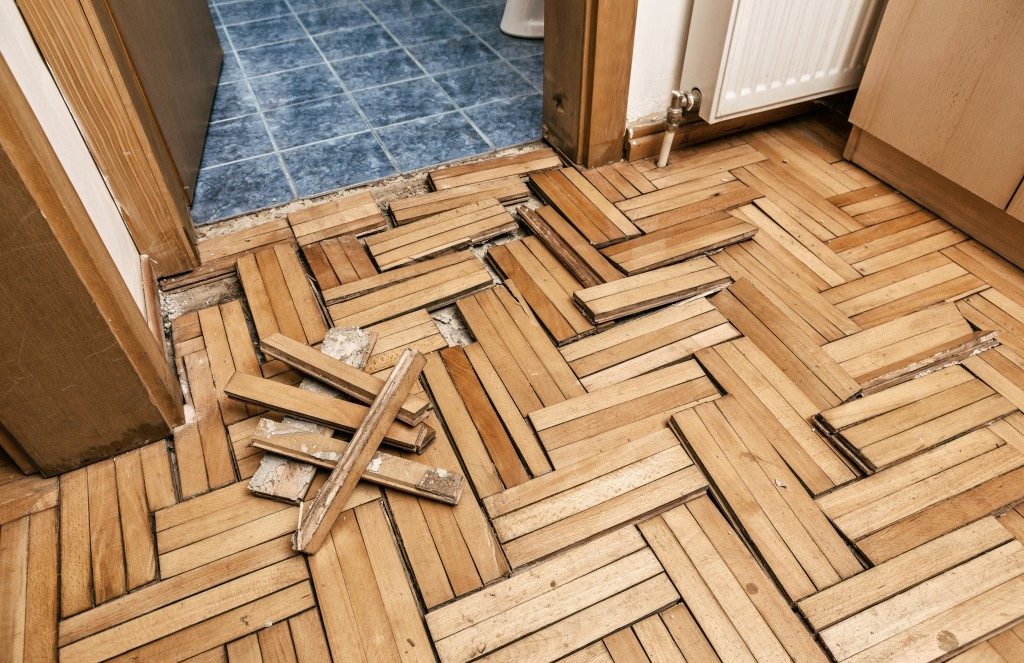When hiring a hardwood flooring contractor in Salt Lake City, a Miami roofer, a basement remodeler based in Chicago, or whatever home improvement professional anywhere in America, it is imperative to hire a company that is accredited by the Better Business Bureau (BBB).
This organization has been championing marketplace ethics for a long time, helping to create a world where buyers and sellers trust one another. But BBB-accredited contractors are not equal. The organization uses a 100-point scoring system to help customers like you compare businesses when making a hiring decision. The highest rating a company can get is A+, which means the contractor has the following qualities:
Owns a Long Track Record of Serving Local Communities
Time in business is one of the seven factors BBB considers when scoring an accredited business. How long the company has been operating matters because it says a lot about its integrity and proficiency. If a contractor has a solid professional background, it can receive up to 10 points.
In case BBB can’t determine when a company started in business exactly, the organization bases its scoring on the date the contractor joined its network.
Observes Transparent Business Practices
Transparency constitutes trustworthiness. BBB monitors the activities of its affiliates, making sure that they always provide enough information about their offerings. The organization also checks whether its accredited contractors use legitimate and correct addresses. Since these practices are expected of all businesses, any company guilty of misinformation or misdirection can be penalized via a 5-point deduction.
Obtains and Maintains Essential Credentials
BBB is particular about the qualifications a contractor has. The organization is familiar with the nuances in licensing requirements from state to state, ensuring that it punishes uncredentialed companies when competency licensing is a must.
Furthermore, BBB keeps a lookout for government actions taken against its accredited contractors. Getting penalized by the authorities cast doubt on a company’s integrity. From the organization’s standpoint, government actions can follow contractors around for a long time, but old ones carry less weight than those imposed of late, giving companies to recover after past wrongdoings.
BBB takes compliance with licensing requirements seriously. Its accredited unlicensed contractors can lose up to 41 points until they pass the competency assessment while it can impose a reduction of up to 34 points per government action.
Advertises Truthfully

The organization does not tolerate advertising issues, discouraging its accredited businesses from making false claims and misusing the BBB name and marks. Serious advertising infractions can be a justification for a 41-point deduction per incident.
Possesses a Good Complaint History
Receiving complaint is generally harmful to a business’s BBB rating, but the point deduction can be mitigated through sound dispute resolution strategy. The organization pays attention to the number of complaints, the average age of all charges, and the speed of resolution. Unanswered and unresolved complaints can damage a contractor’s BBB record.
Get as many estimates as you can, and do not forget to check the BBB profiles of all of your prospective contractors. If you encounter a company is not yet accredited, it is a significant red flag, so take your business elsewhere.

